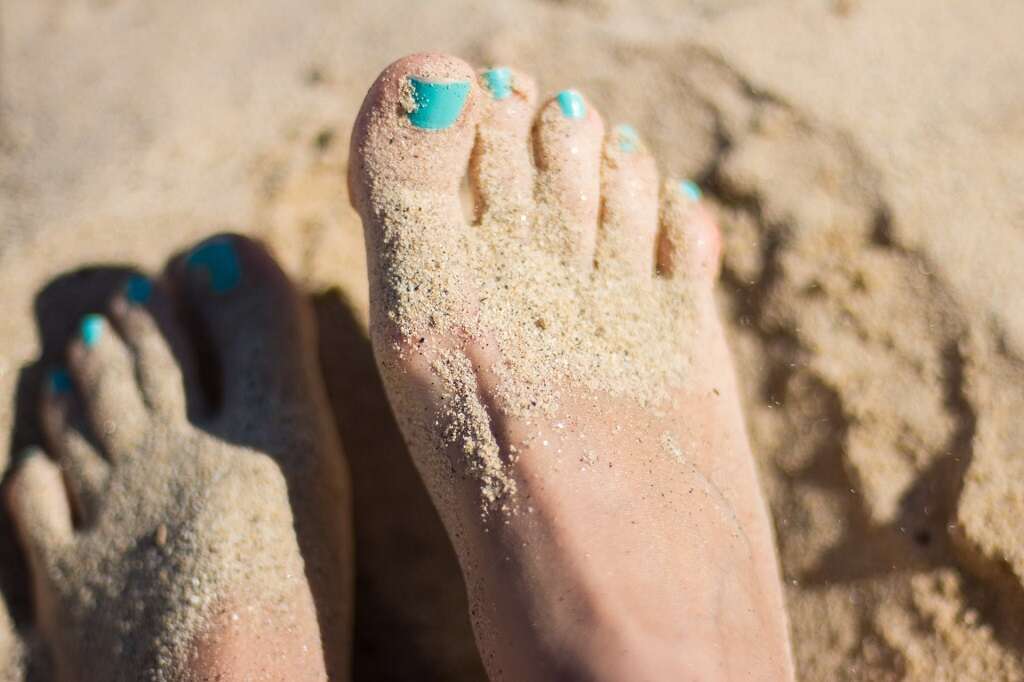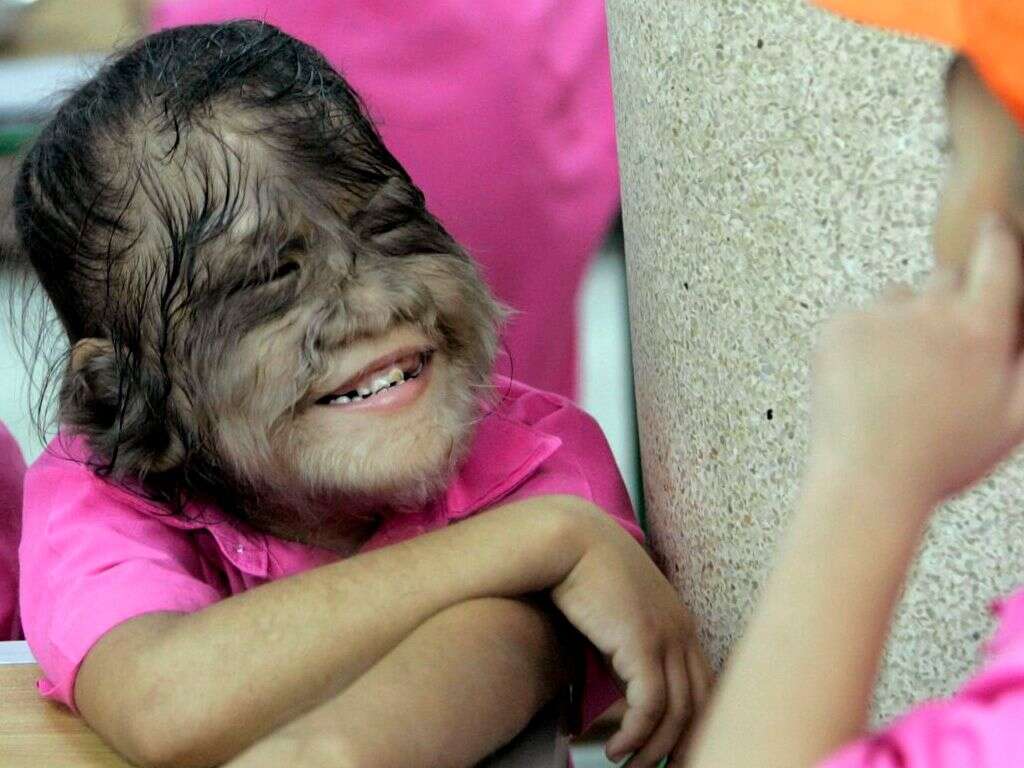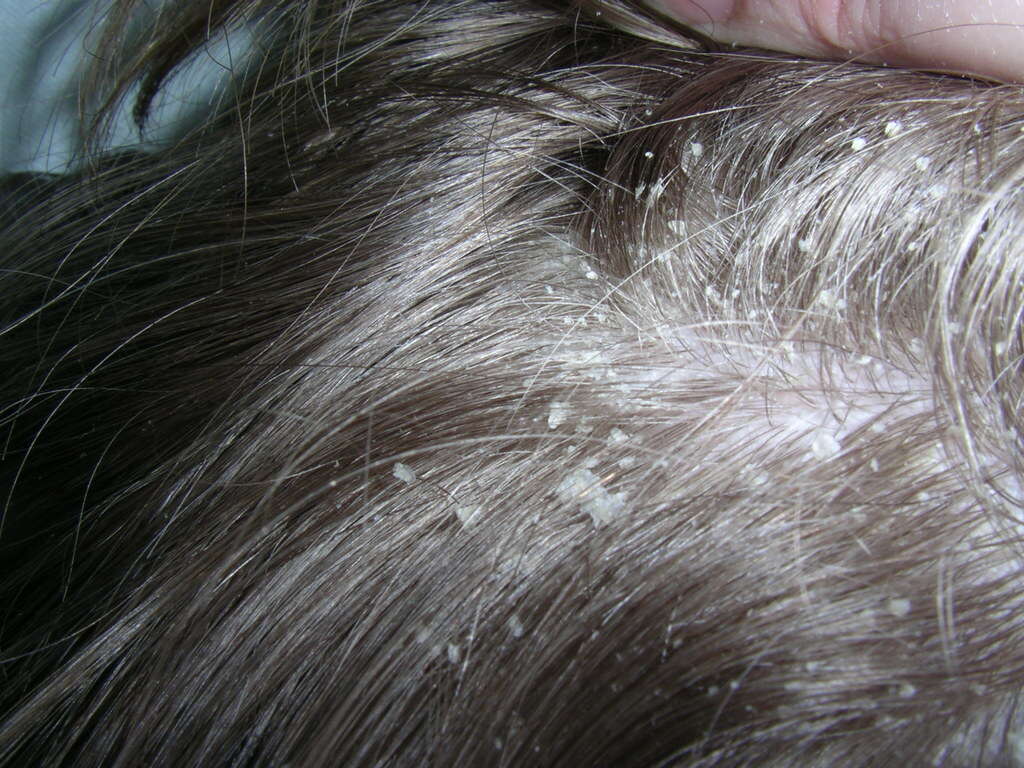10 Hypertrichosis Symptoms
 Article Sources
Article Sources
- 1. 'Hypertrichosis.' DermNet NZ , dermnetnz.org/topics/hypertrichosis/
- 2. Saleh, Dahlia, et al. 'Hypertrichosis.' StatPearls, StatPearls Publishing, 5 January 2021
- 3. 'Becker Naevus.' DermNet NZ, dermnetnz.org/topics/becker-naevus/
- 4. Chien, Mu-Ming, et al. 'The Hair-Collar Sign.' The Journal of Pediatrics, vol. 168, 2016, p. 246, doi.org/10.1016/j.jpeds.2015.09.081
- 5. Staff, SBI. 'Gingival Enlargement.' The American Academy of Oral Medicine, www.aaom.com/index.php?option=com/content&view=article&id=132:gingival-enlargement&catid=22:patient-condition-information&Itemid=120
- 6. Kurtipek, Gülcan S., et al. 'Faun tail: a rare cutaneous sign of spinal dysraphism.' Acta Dermatovenerologica Alpina Pannonica et Adriatica, vol. 24, no. 1, 2015, doi:10.15570/actaapa.2015.5
- 7. Gupta, Lipy, et al. 'Nevoid hypertrichosis: Case report with review of the literature.' International Journal of Trichology, vol. 3, no. 2, 2011, p. 115, doi:10.4103/0974-7753.90829
- 8. Kaur, Sandeep, and BharatBhushan Mahajan. 'Eyelash trichomegaly.' Indian Journal of Dermatology, vol. 60, no. 4, 2015, p. 378, doi:10.4103/0019-5154.160484
Hairy Palms and Soles
Usually, individuals do not have hair follicles on the soles of the feet or the palms of the hand. Special proteins block the production of hair follicles in these areas, and so there is typically no hair growth.
Hairy palms and soles can be a sign of hypertrichosis. Rarely, people can have an inherited gene mutation that causes hair follicles to develop in abnormal parts of the body. Hypertrichosis on the soles and palms is typically accompanied by tough skin.
Advertisement











